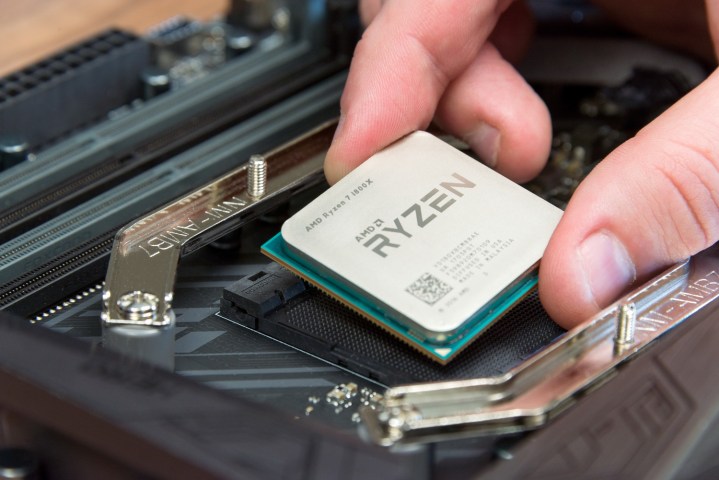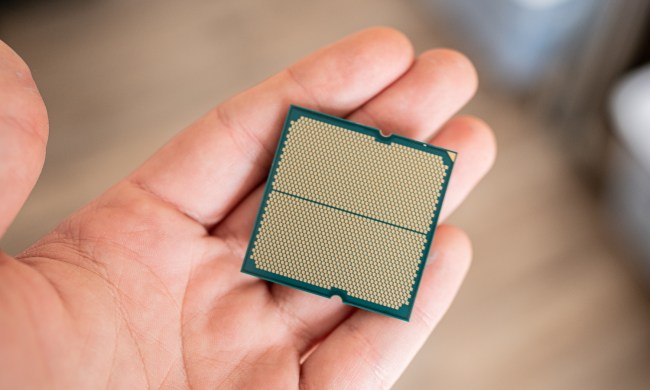
However, not everyone agrees.
Intel has been offering hyper-threading as one of its CPU features for a long time — that’s part of why it has maintained a performance lead over AMD for many years. Ryzen introduced SMT as its alternative multi-threading technology and it works well, but some research suggests that Windows 10’s Scheduler doesn’t seem to realize that those virtual cores aren’t as capable as the real ones, so when it doesn’t prioritize physical cores over the SMT ones, it is artificially holding Ryzen CPUs back.
For some reason, the Scheduler also seems to think that Ryzen CPUs have as much as 136MB of cache, whereas in reality, they have 20MB of L2+L3 cache, according to WCCFTech. AMD is said to be aware of this issue.
PCPer, on the other hand, had provided some pretty solid evidence that the Scheduler is not to blame, and now AMD has officially commented on its own research.
Simply put, AMD does not believe that Windows 10 has a thread scheduling problem that’s contributing to poor performance. It posted the following on its community site:
“We have investigated reports alleging incorrect thread scheduling on the AMD Ryzen processor. Based on our findings, AMD believes that the Windows 10 thread scheduler is operating properly for ‘Zen,’ and we do not presently believe there is an issue with the scheduler adversely utilizing the logical and physical configurations of the architecture.
“As an extension of this investigation, we have also reviewed topology logs generated by the Sysinternals Coreinfo utility. We have determined that an outdated version of the application was responsible for originating the incorrect topology data that has been widely reported in the media. Coreinfo v3.31 (or later) will produce the correct results.
“Finally, we have reviewed the limited available evidence concerning performance deltas between Windows 7 and Windows 10 on the AMD Ryzen CPU. We do not believe there is an issue with scheduling differences between the two versions of Windows. Any differences in performance can be more likely attributed to software architecture differences between these OSes.”
While some are recommending that gamers use Windows 7, as that OS purportedly doesn’t suffer from the same issues as Windows 10 does when running the new hardware, AMD clearly does not agree. While the company doesn’t discount the possibility that Windows 10 could be performing different than Windows 7, it says a thread scheduler is not causing the issue. Note that if you do decide to run Windows 7, then make sure you confirm that your motherboard manufacturer has released Windows 7 compatible drivers for your board.
While disabling SMT in the BIOS has been asserted to improve gaming performance under Windows 10, AMD’s statement would seem to refute that finding.
Updated on 3-13-2017 by Mark Coppock: Added AMD statement that the Windows 10 scheduler is not causing Ryzen performance issues.




